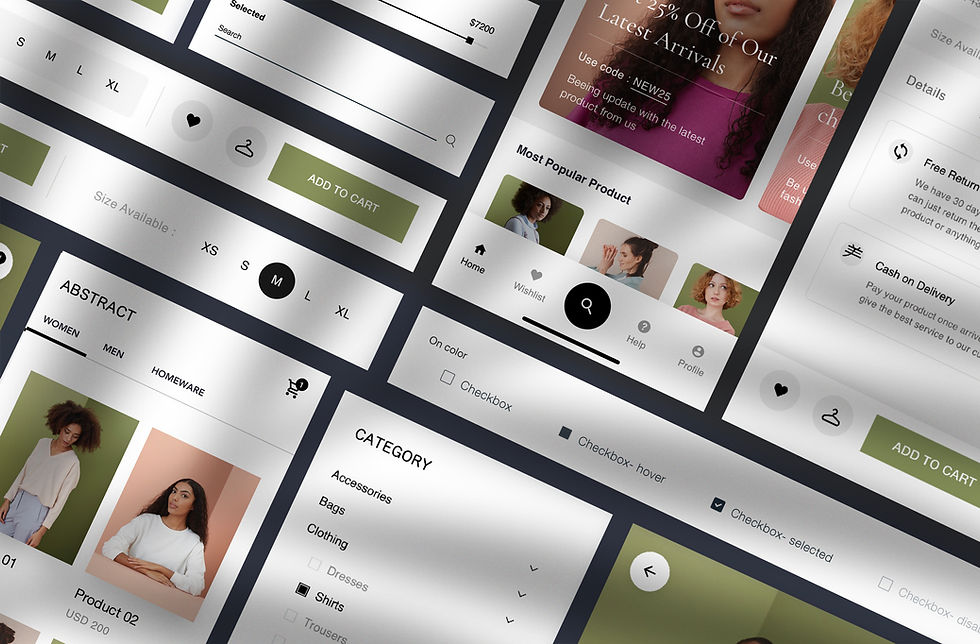Let Internet rumors stop with teenagers
- gracez0702
- Jun 21, 2024
- 1 min read

Disinformation often targets young users directly, directing them to misleading content. Teenagers are a prime target for fake news, and they easily believe unsubstantiated claims on social media. In 2016, researchers at Stanford University conducted a survey of nearly 8,000 students in the United States and found that more than 80 percent of middle school students believed that advertisements labeled "sponsored content" were real news reports. "The goal, Schneider wrote in a 2007 article for Nieman Reports, is to shape students into "consumers who could differentiate between raw, unmediated information coursing through the Internet and independent, verified Journalism. "(https://www.scientificamerican.com/article/schoolkids-are-falling-victim-to-disinformation-and-conspiracy-fantasies/). However, the lack of rigorous research has made it difficult for educators to discern whether the various approaches to media literacy learning are reliable. Schools still have a long way to go to reach this goal.
[1 image, 1 links, 1 quotation, 141 words].


